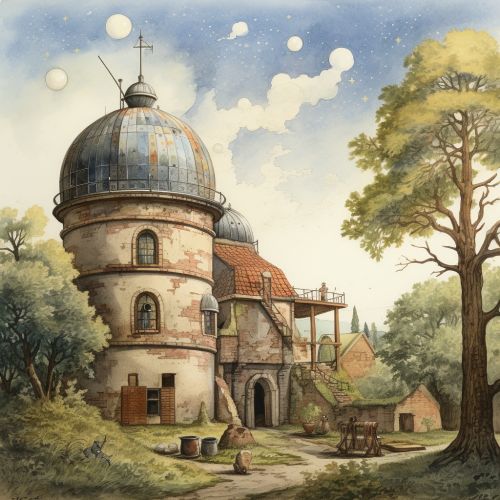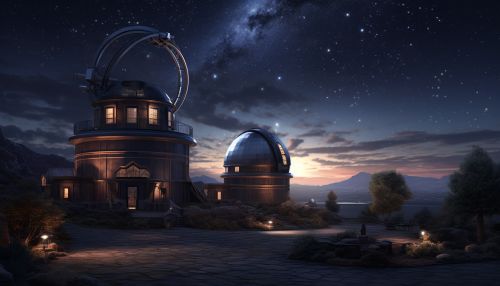Scientific Revolution
Origins of the Scientific Revolution
The Scientific Revolution is a period in history that marked a significant shift in scientific thought and methodology. It is generally considered to have occurred between the 16th and 18th centuries, during the early modern period. This period saw the development of new ideas and discoveries in various fields such as astronomy, physics, biology, human anatomy, and chemistry. These developments were characterized by a departure from the traditional Aristotelian and Ptolemaic views that had dominated the Middle Ages.


Key Figures and Discoveries
Several key figures contributed to the Scientific Revolution, each making significant discoveries in their respective fields. These individuals challenged the prevailing views of their time, leading to a shift in scientific understanding.
Nicolaus Copernicus
Copernicus (1473-1543) was a Polish astronomer who proposed a heliocentric model of the universe. This model posited that the Earth and other planets revolve around the Sun, a stark contrast to the geocentric model that had been widely accepted since the time of Ptolemy.
Galileo Galilei
Galileo (1564-1642) was an Italian astronomer, physicist, and engineer. He is known for his improvements to the telescope and his consequent astronomical observations. Galileo's support for Copernican heliocentrism led to his trial and condemnation by the Inquisition.
Johannes Kepler
Kepler (1571-1630) was a German astronomer and mathematician. He is best known for his laws of planetary motion, which provided one of the foundations for Newton's theory of universal gravitation.
Isaac Newton
Newton (1642-1727) was an English mathematician, physicist, and astronomer. He is widely recognized for his laws of motion and universal gravitation, which laid the groundwork for classical physics.
Impact and Legacy
The Scientific Revolution had a profound impact on society and the way we understand the world. It marked the beginning of modern science, with its emphasis on observation, experimentation, and the use of mathematical models. The revolution also led to the development of new scientific disciplines and the establishment of scientific societies.
